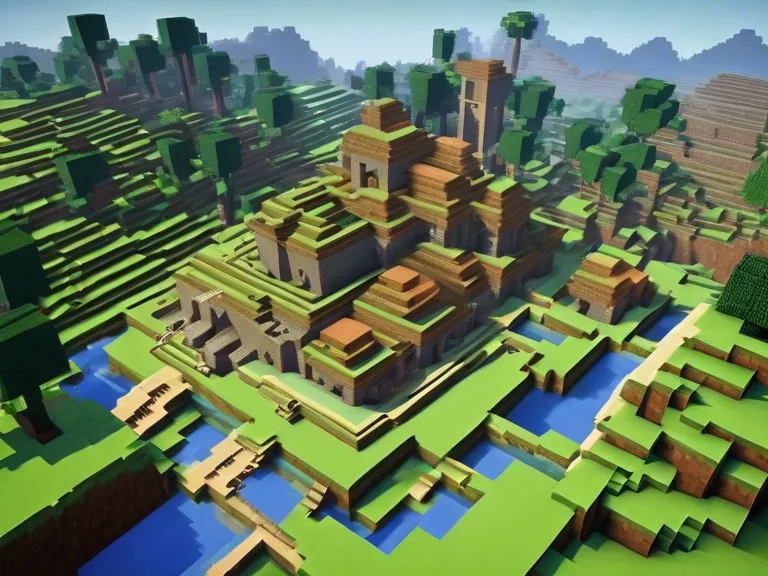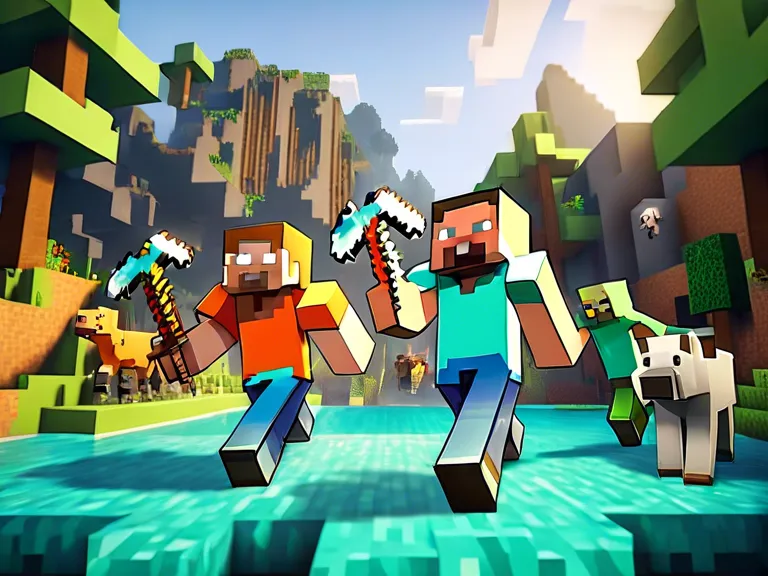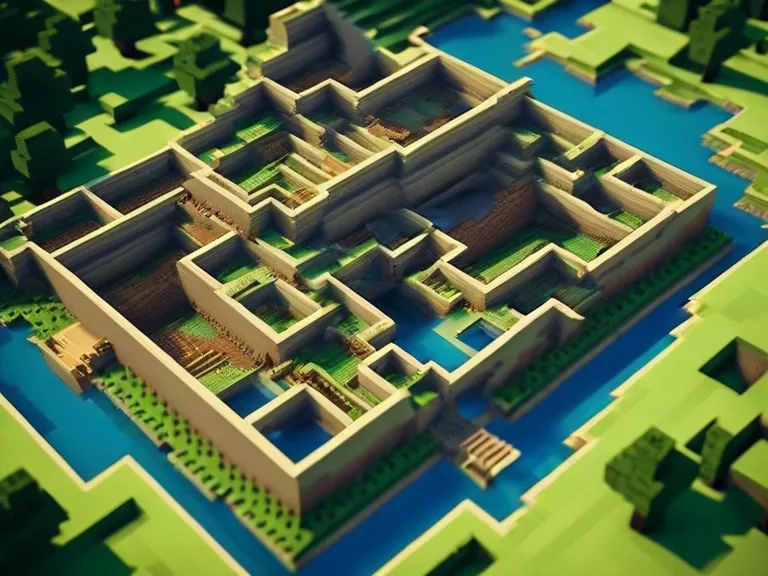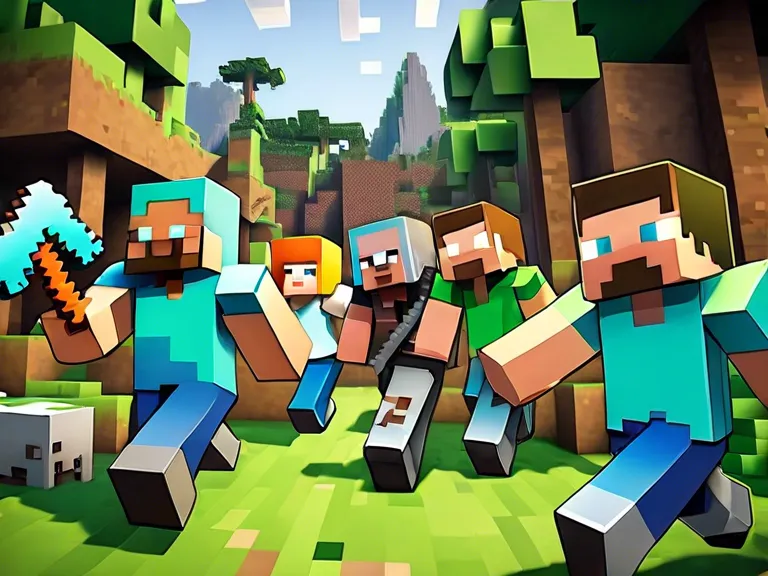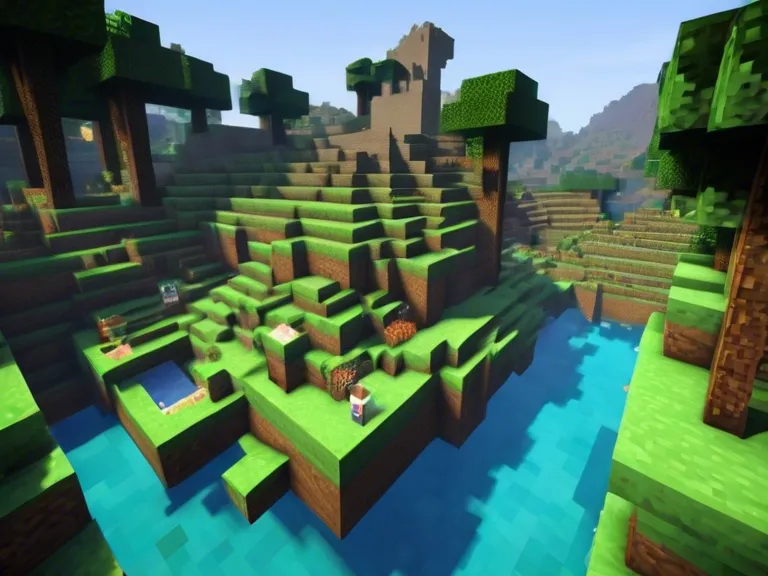
Digital Lifestyle and Virtual Worlds: Philosophical Reflections on Minecraft’s Cultural Impact
Digital technology has been revolutionizing the way we live, work, and play, with virtual worlds becoming a significant part of our digital lifestyle. One such virtual world that has made a profound impact on popular culture is Minecraft. This video game, which allows players to build and explore virtual worlds made of blocks, has garnered a massive following and has sparked philosophical reflections on the implications of such virtual experiences.
Minecraft’s cultural impact goes beyond just entertainment. It has been used in education to teach students about creativity, problem-solving, and collaboration. The game’s open-ended nature encourages players to think outside the box and experiment with different possibilities, fostering a sense of agency and autonomy. Moreover, Minecraft has also been utilized in urban planning and architecture to visualize and prototype real-world designs.
From a philosophical standpoint, Minecraft raises questions about the nature of reality and perception. As players navigate through digital landscapes and interact with virtual objects, they create a new sense of reality that blurs the boundaries between the physical and the digital. This challenges traditional notions of what is real and what is virtual, prompting us to reconsider our understanding of existence and consciousness.
Furthermore, Minecraft’s emphasis on creativity and self-expression underscores the importance of play in human development. By providing a platform for users to build, invent, and share their creations, the game fosters a sense of agency and empowerment. This encourages players to engage in imaginative exploration and to push the boundaries of conventional thinking, shaping their identity and worldview in the process.
In conclusion, Minecraft’s cultural impact offers valuable insights into the intersection of digital technology, virtual worlds, and human experience. By examining the philosophical implications of this popular game, we can gain a deeper understanding of how technology shapes our perceptions, behaviors, and relationships in the digital age.
